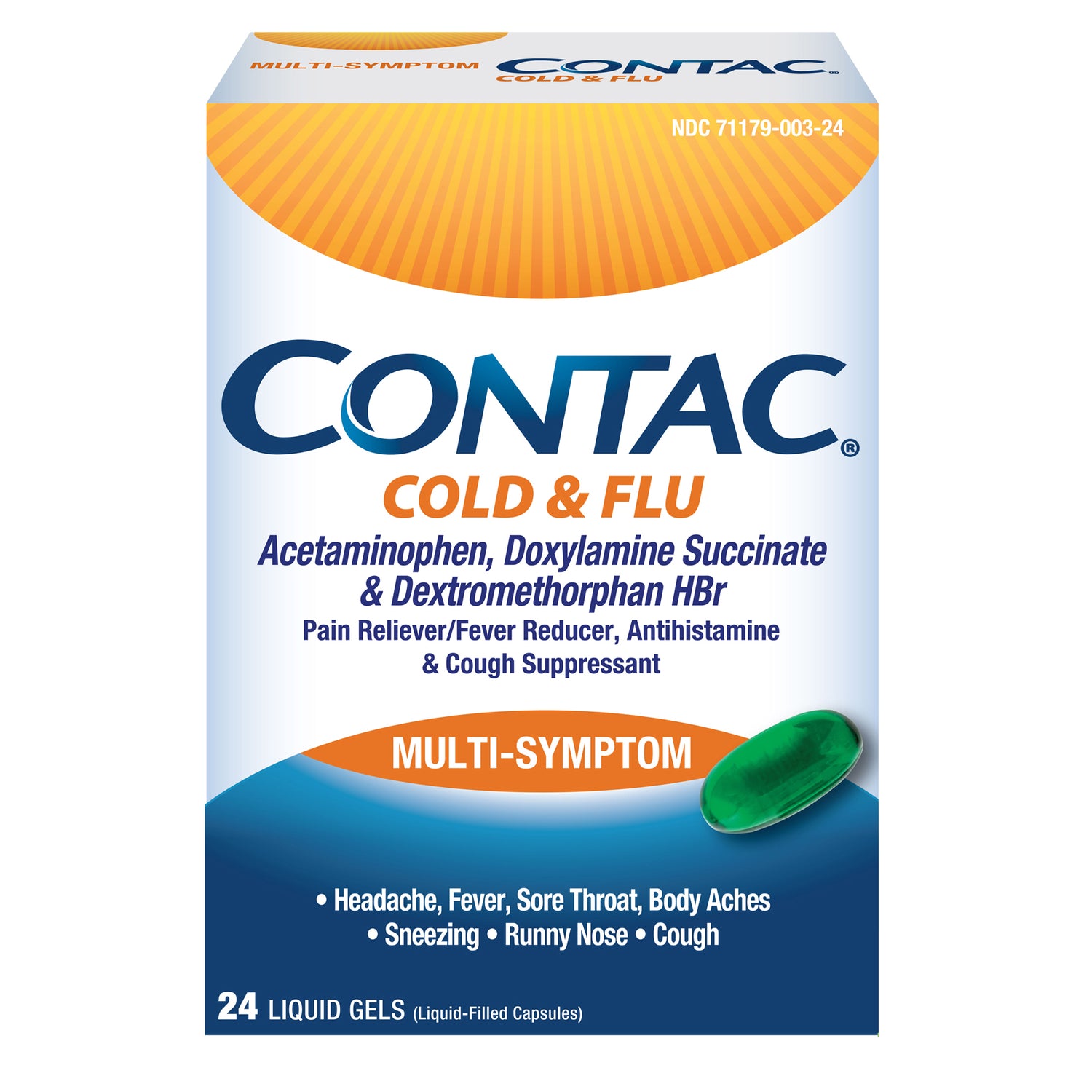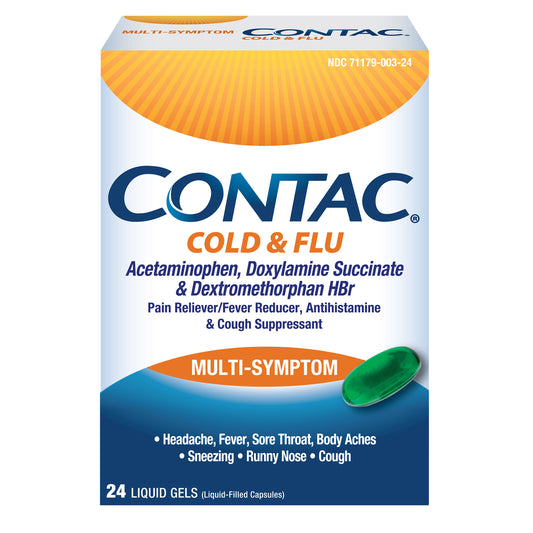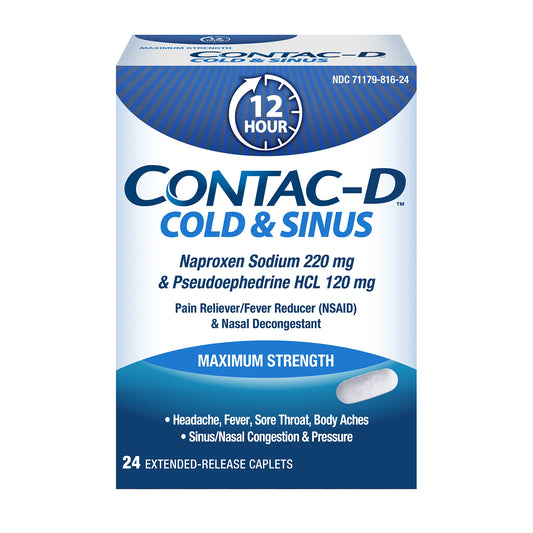
Do Flu Shots Prevent the Flu?
Share
Can a flu shot prevent or cure the flu?
Pharmacies, doctors’ offices, walk-in clinics and even grocery stores now offer affordable flu shots without an appointment. In America, we take our flu shots seriously. But, what exactly is in a flu shot? And do you need to have one every year? Here are answers to four of the most commonly asked questions about flu shots.
What, exactly, is in a flu shot?
The flu vaccine found in flu shots is made from an inactivated, or “killed” flu virus. Each year, one or more virus strains might be changed on the basis of global surveillance for influenza viruses and the emergence and spread of new strains. Viruses for flu shots are grown in eggs. Inactivated influenza vaccines contains noninfectious killed viruses and cannot cause influenza.
Bottom line: No worries, you can’t get the flu from a flu shot
How safe are flu shots?
The Centers for Disease Control and Prevention (CDC) and the Food and Drug Administration (FDA) closely monitor the safety of seasonal flu shots and other vaccines licensed for use in the United States.
While the flu shot can have some mild side effects (like soreness at the injection spot and mild fever), almost all people who receive flu shots experience no serious problems from it. However, on rare occasions, flu vaccination can cause serious problems.
Some people should not get a flu shot without consulting a physician, including:
- People who have a severe egg allergy.
- People who have had a severe reaction to a flu shot.
- Infants under 6 months (flu shot is not approved for this age group)
- People who have a moderate-to-severe illness with a fever
- People with a history of Guillain–Barré Syndrome (also called GBS)
Who should have a flu shot and when?
While most people should get an annual flu shot, there are some individuals who are at a particularly high risk for influenza related complications and severe disease, and should be sure to get a flu shot. An annual flu shot is recommended for the following groups:
- Children aged 6 months through 4 years
- Pregnant women
- People over the age of 50
- People who live with or care for persons at high risk
- Health-care workers
I had the flu shot last year. Am I immune this year?
Sorry Charlie. CDC recommends an influenza vaccine every year as the first and best way to protect against getting the flu. Most seasons, the viruses used in the vaccine are changed to keep up with viruses as they evolve.
Even in consecutive years where the vaccination does not change, your body’s level of immunity from a vaccine received last season will have declined. You may not have enough immunity to be protected from getting sick this season. You and your family should have flu shots every year to raise your immune levels against the influenza virus.
Resources:
Smith, Nicole M. PhD, et al. Prevention and Control of Influenza, Recommendations of the Advisory Committee on Immunization Practices (ACIP). Morbidity & Mortality Weekly Report. 2006;55(27):1-41. Retrieved from: http://www.medscape.com/viewarticle/540977 January 27, 2012.
Centers for Disease Control and Prevention. Seasonal Influenza (Flu): Key Facts About Seasonal Flu Vaccine. Retrieved from: http://www.cdc.gov/flu/protect/keyfacts.htm on January 27, 2012.
Centers for Disease Control and Prevention. 2011 – 2012 Seasonal Influenza (Flu) Vaccine Safety. Retrieved from: http://www.cdc.gov/flu/protect/vaccine/general.htm. January 27, 2012.




